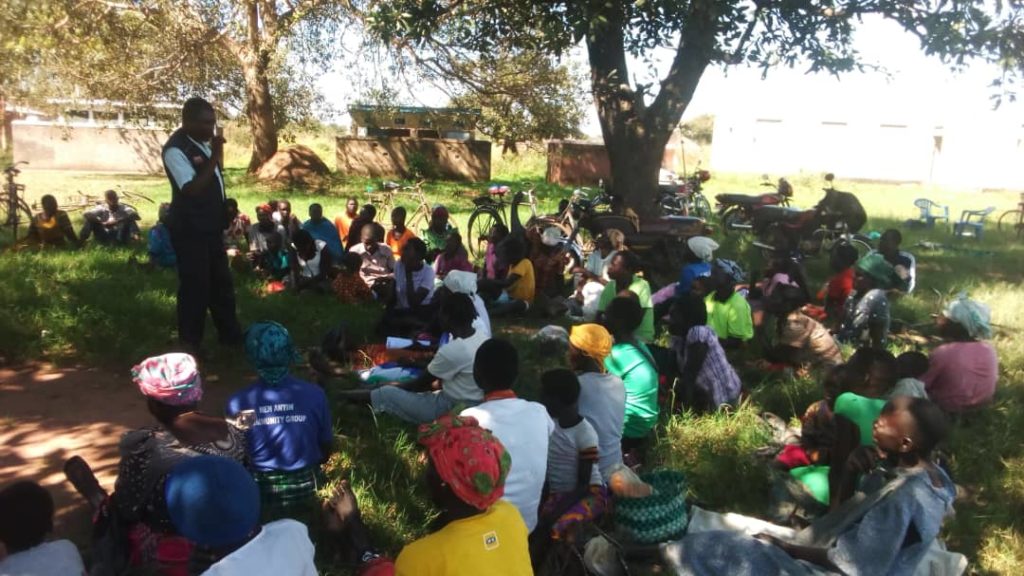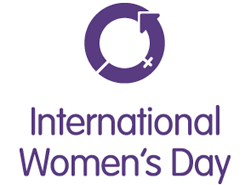Anyone who has raised a child or provided care for a loved one knows that being a care giver can be exhausting, both mentally and physically. It is doubly challenging if you live in a society that sees women as servants rather than citizens: there is little support or sympathy for women who have to cope with all the usual domestic tasks in addition to their care giving duties. They often feel isolated and depressed.
It is more difficult still if your neighbours believe some health problems, including mental illness and epilepsy, are curses from the spirit world. Female care givers in many parts of Africa bear all these burdens. For this reason, we at Network for Africa have responded in three ways in our project in Uganda:
- Community education sessions to inform people about mental illness and epilepsy, hoping to dispel the harmful myths surrounding these afflictions.
- Mutual support groups where care givers can find advice, friendship and training to enable them to earn a living, as well as continuing their care giving commitments.
- Training for local medical personnel and access to the appropriate drugs for people with mental illness or epilepsy.

Caring for the Care Giver
These are the words of Mary, a fifty-six-year-old woman in Uganda, caring for a daughter with epilepsy, as well as six other children and thirteen grandchildren:
“People here used to mock my daughter because of her illness, and they were cruel to my family. I lost the will to carry on, it was such a struggle, without enough money or support. But then I went to the monthly mental health clinic [run by Network for Africa’s Ugandan partner, Basic Needs UK in Uganda (BNUU)] and as I listened to the mental health counsellor talking about depression, I began to feel like he was talking about me. He enrolled me in a treatment programme, with anti-depressants and counselling sessions. He also held an educational session in my community about stigma and discrimination. Now, I can see a change in people’s attitude towards me and my family. I can see a future for my family. My daughter can now go to the health centre by herself, and I have more time to run my small business.”
International Women’s Day
 As we mark International Women’s Day, we salute the bravery and resilience of the world’s care givers, most of whom are women. Yet we also know that our admiration is not enough.
As we mark International Women’s Day, we salute the bravery and resilience of the world’s care givers, most of whom are women. Yet we also know that our admiration is not enough.
Please help Network for Africa to continue our work. Your support enables us to provide the counselling and training needed to ease the daily burden of Africa’s unsung heroes. Thank you for your help.
Help Support Africa’s Unsung Heroes